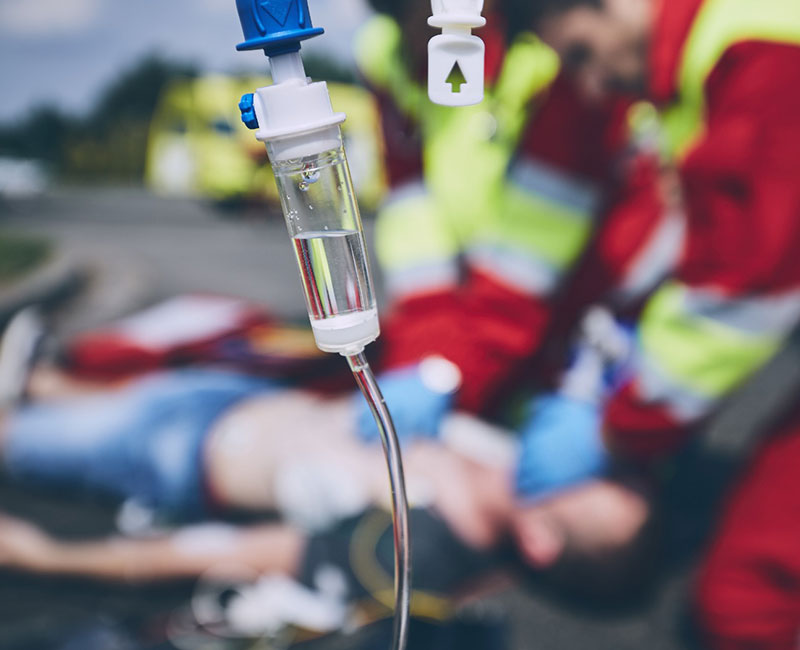E-CPR
ECPR (Extracorporeal Cardiopulmonary Resuscitation) is an innovative treatment approach that uses a mechanical device to maintain oxygenation and perfusion in patients undergoing cardiovascular collapse. This technique involves percutaneous cannulation of a femoral vein and artery, followed by the activation of an ECMO (extracorporeal membrane oxygenation) device, which takes over the function of the heart and lungs.
ECPR is considered as an alternative to conventional CPR for selected patients who experience cardiac arrest and whose suspected etiology of the cardiac arrest is potentially reversible. The American Heart Association Guidelines 2015 recommend ECPR for certain patients as it offers several advantages over conventional CPR.
One of the main benefits of ECPR is that it provides immediate and sustained circulation, allowing for continued oxygenation and perfusion of vital organs during resuscitation efforts. Unlike conventional CPR, which relies on manual chest compressions and rescue breathing, ECPR uses a mechanical device to maintain blood flow, which can be more effective at maintaining circulation in certain cases.
Another advantage of ECPR is that it allows for extended cardiopulmonary support, which can increase the chances of recovery in patients who may not respond to traditional CPR. With continuous oxygenation and perfusion, the heart and other organs can rest and recover, potentially leading to improved outcomes compared to conventional CPR methods.
However, there are also limitations to the use of ECPR. The procedure requires specialized equipment and expertise, making it more expensive and less widely available than traditional CPR methods. Additionally, the risk of complications such as bleeding, infection, and thrombosis must be carefully monitored.
In conclusion, ECPR represents an important advancement in the treatment of patients undergoing cardiovascular collapse. By utilizing a mechanical device to maintain oxygenation and perfusion, this technique offers several advantages over traditional CPR methods. While there are limitations to its use, ECPR represents a promising treatment option for selected patients, potentially leading to improved outcomes and increased chances of recovery.
